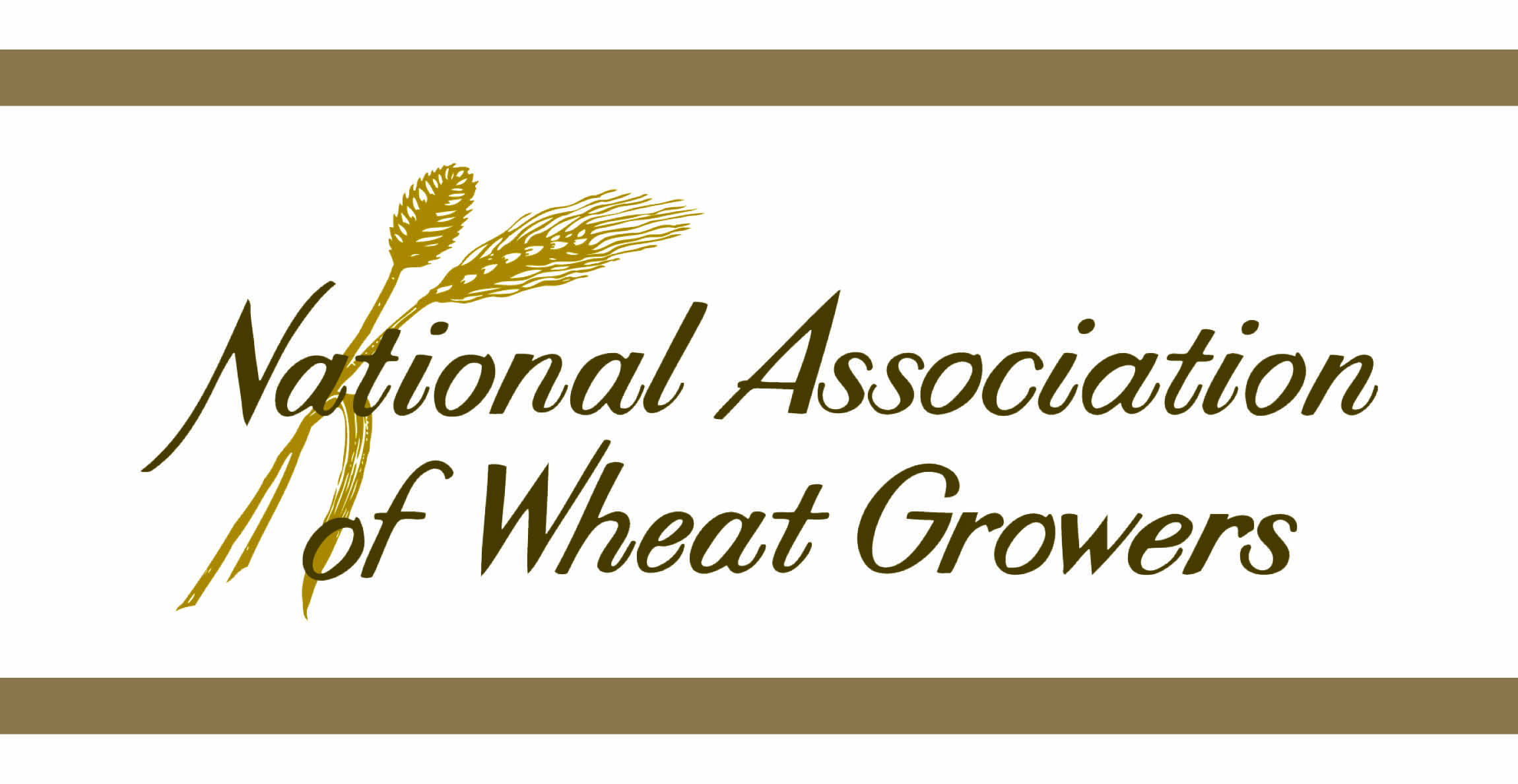Policy Organizations Call for Increased Investment in Agricultural Research
Excerpts reprinted from Agri-Pulse, April 5, 2017
USW shares strong support for more investment in agricultural research with our sister organization, the National Association of Wheat Growers (NAWG). NAWG notes that wheat relies on public, private and grower funding for crop innovation. Only 1.6 percent of the $142 billion U.S. federal investment in research is allocated toward agriculture research, according to American Association for the Advancement of Science (AAAS).
NAWG adds that the amount of funding dedicated to wheat research has been dwarfed by the funding dedicated to other major crops. So, growing the investment in wheat research over time is critical to achieving the innovation needed to sustainably support a rapidly growing world population.
Several major policy organizations and influential non-governmental organizations also see global benefits to enhanced agricultural research. For example, the Chicago Council on Global Affairs recently issued a report called “Stability in the 21st Century; Global Food Security for Peace and Prosperity” that calls for increased research investment. The Chicago Council introduced that report, at a Global Food Security Symposium in Washington, DC, covered this week by Agri-Pulse, a news organization reporting on U.S. agricultural policy.
At the symposium, Nick Austin, the director of agricultural development for the Bill and Melinda Gates Foundation, called for the United States and other developed countries need to continue to support agricultural research if farmers are to meet the demand for food from a burgeoning world population.
“We need to feed more with less,” Nick Austin told Agri-Pulse. “I’d like to look at the glass half-full scenario, with ag research leading to improved conditions, especially for small-holder farmers, many of which are women.”
He cited research by the Farm Journal Foundation which found that the high-yielding wheat and rice varieties developed by the Green Revolution during the 1970s led to “substantial growth” in Asian and Latin American agriculture. Those same varieties were used successfully in the United States and added $3.7 billion in value to the U.S. economy by 1996, “an astonishing return to taxpayers on the $134 million investment,” Austin said.
During the Chicago Council symposium, speakers discussed how agriculture must adapt to a number of challenges, including climate change, which is bringing increased temperatures, erratic rainfall, flooding and increased pests and disease. At the same time, Austin said, the world’s farmers need to boost food production by about two-thirds to feed a global population of more than 9 billion by 2050, up from 7.5 billion at present.
“It is a real challenge, but it can be done,” Austin said, citing several hopeful signs, including projects supported by the Gates Foundation.
The fact is, global demand for wheat is on a steadily increasing trend and today’s surplus can quickly become tomorrow’s shortage. U.S. farmers are doing their part to increase average yields through direct support for wheat breeding and research through state wheat commission support and in partnership with land grant universities. With the cost and stakes increasing, Austin stressed that governments need to contribute to the effort, not only to help the poor, but for their own benefit, given the “high rate of return” from investments in ag research.


